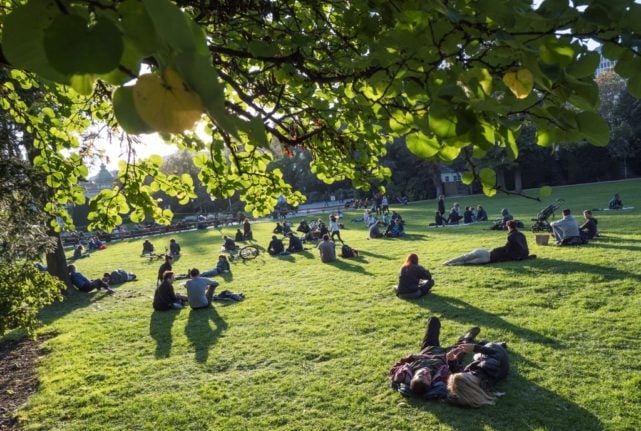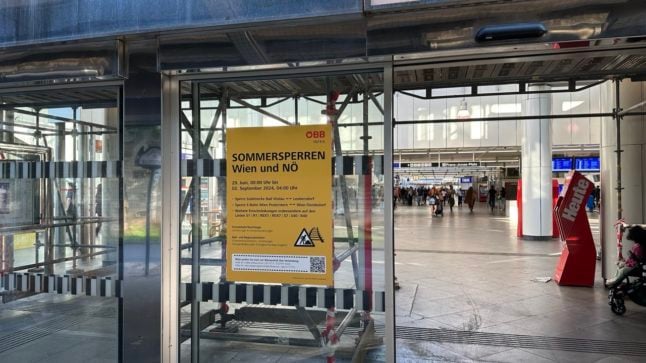The Viennese man was given the fine after “letting wind escape loudly” last June, following an identity check by police in a park Der Standard newspaper reports.
The news made headlines across the world, forcing Vienna police to issue a clarification on social media that “of course no-one will be reported for accidentally ‘letting one go’ once”.
The man had challenged the fine, saying although he had farted, this was a “biological process”, which would have amounted to freedom of expression even if it had been done deliberately.
The administrative court reduced the penalty from €500 euros to €100 euros, pointing to the man’s lack of a criminal record while saying he only had “average” culpability of the offence.
Friends ‘laughed and made jokes’
The Vienna Regional Administrative Court stated in its ruling that the man was on a park bench, when he lifted his buttocks and let the wind escape in a way which was perceived by everyone present.
The man’s friends laughed and joked about the incident.
According to the administrative court, the basic right to freedom of communication is not limited to a certain form of communication, but a statement must also have a certain “communicative content”.
However, this is not the case with “pure body stimuli”, the court said, according to the newspaper report.
Makes state order ‘ridiculous’
It concluded even if it were accepting that farting were to accept an act of communication, the wind would still be a “form of expression that transcends the boundaries of decency”.
The court added “form of action seems suitable to completely undermine any state order and to make it ridiculous”, according to Der Standard newspaper.
The paper also features comments from Paul Eberstaller, university assistant at the Juridicum, who says the ruling shows how problematic the offence of decency is, particularly when comparing public and private life.
“If a private person had been a ‘victim’ in this case, public decency would not be violated. In addition, the authorities would probably not pursue complaints from private individuals. At the same time, legal protection is often lacking in the event of actual problems,” he said.



 Please whitelist us to continue reading.
Please whitelist us to continue reading.
Member comments